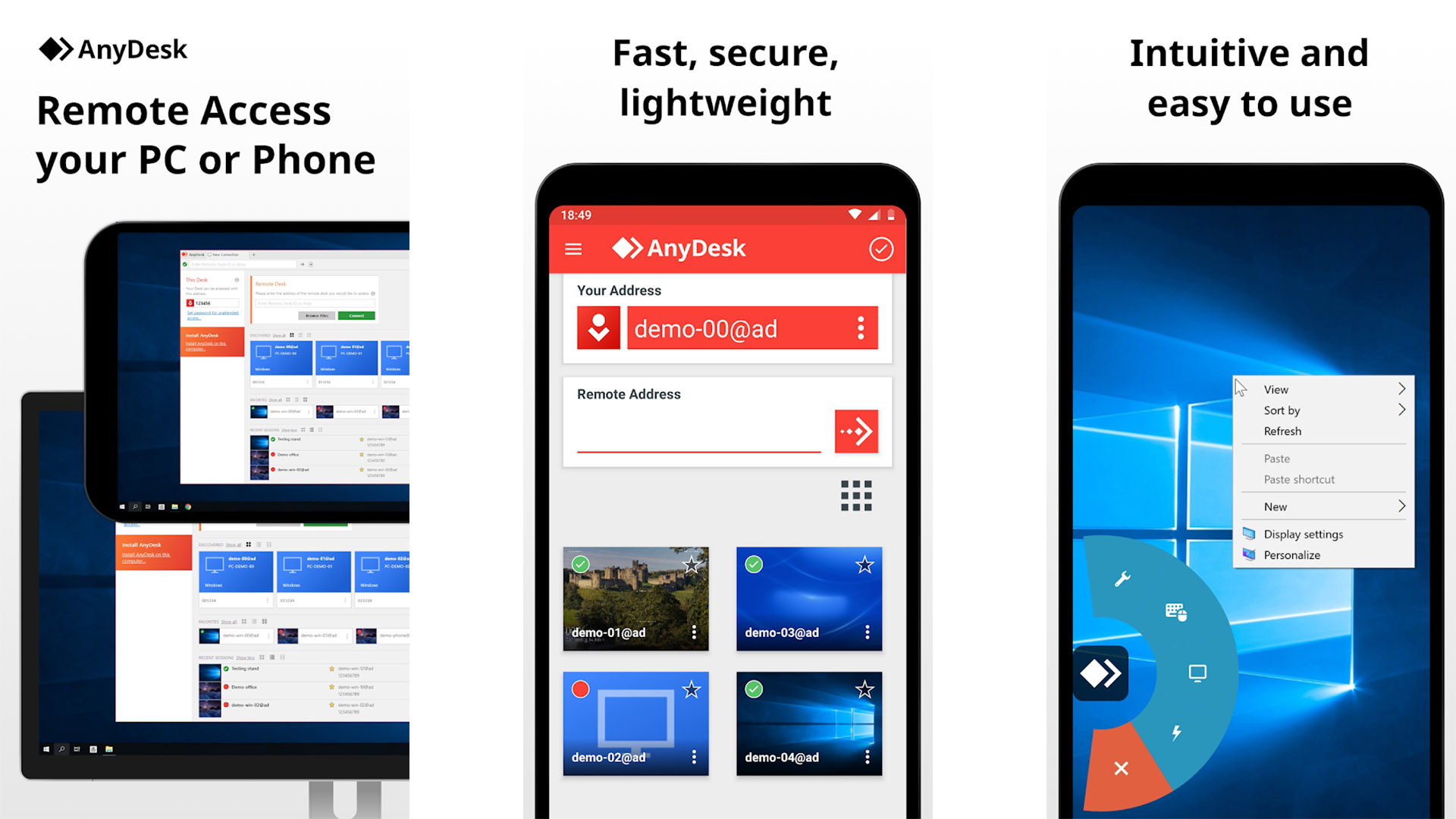Hey there, tech-savvy reader! If you're here, chances are you're looking to securely connect remote IoT P2P Android downloads. Well, you're in the right place! In this modern age, where everything is connected, ensuring your IoT devices stay secure and functional is crucial. From smart homes to industrial automation, IoT technology has revolutionized the way we interact with the world around us. But how do you ensure that your connections remain safe while downloading peer-to-peer (P2P) files on Android? Let’s dive right into it!
In this article, we'll break down the ins and outs of securely connecting remote IoT devices using P2P technology on Android. Whether you're a tech enthusiast or someone who just wants to protect their devices, we’ve got you covered. This guide will walk you through everything from the basics to advanced tips and tricks.
Before we jump into the nitty-gritty, let’s set the stage. The internet of things (IoT) isn't just a buzzword anymore; it's a reality that’s shaping our daily lives. But with great power comes great responsibility. If you're downloading files or connecting devices remotely, security should always be your top priority. So, buckle up, and let's get started!
Read also:Charlize Theron Clears The Air About Angelina Jolie Feud Rumors
What Exactly is IoT P2P Connectivity?
Let’s start with the basics. IoT P2P connectivity refers to the ability of IoT devices to communicate directly with each other without the need for a centralized server. This type of connection allows for faster data transfer, reduced latency, and lower bandwidth consumption. But why is this important when it comes to Android downloads?
When you download files on your Android device, especially through P2P networks, you're essentially tapping into a decentralized system. This means that instead of downloading a file from a single server, you're getting it from multiple users who already have the file. It’s like borrowing a book from multiple friends instead of waiting for it to arrive from the library.
Why Secure Connections Matter
Now, here’s the kicker—while P2P technology offers numerous advantages, it also comes with its fair share of risks. Without proper security measures, your device could be vulnerable to hacking, data breaches, or even malware infections. Imagine downloading a file only to find out later that it’s infected with a virus. Not exactly the kind of surprise you want, right?
That’s why securing your IoT P2P connections is essential. Whether you're managing smart home devices, industrial equipment, or even personal gadgets, ensuring that your downloads are safe and secure should always be your top priority.
How to Securely Connect Remote IoT Devices
So, how exactly do you go about securing your remote IoT P2P Android downloads? Here’s a step-by-step guide to help you out:
Step 1: Use Encrypted Connections
Encryption is your first line of defense when it comes to securing IoT P2P connections. By encrypting your data, you ensure that even if someone intercepts your connection, they won’t be able to make sense of the information being transferred. Think of it like speaking in a secret language that only you and your device understand.
Read also:Meghan And Harry Send Heartwarming Birthday Message To Queen Elizabeth
- Use protocols like HTTPS or TLS to encrypt your connections.
- Ensure that your P2P app supports end-to-end encryption.
- Regularly update your encryption keys to stay ahead of potential threats.
Step 2: Choose Reputable P2P Apps
Not all P2P apps are created equal. Some may claim to offer secure connections, but in reality, they could be riddled with vulnerabilities. That’s why it’s important to choose apps that have a proven track record of reliability and security.
- Stick to well-known apps like BitTorrent or uTorrent.
- Read reviews and check for any reported security issues.
- Ensure that the app is regularly updated to address any potential threats.
Understanding the Risks of IoT P2P Downloads
While IoT P2P downloads offer numerous benefits, they also come with their fair share of risks. Let’s take a closer look at some of the potential dangers:
Risk 1: Malware and Viruses
One of the biggest risks associated with P2P downloads is the possibility of downloading malware or viruses. These malicious files can wreak havoc on your device, stealing your data or even rendering it unusable.
Risk 2: Data Breaches
Another significant risk is the potential for data breaches. If your connection isn’t secure, hackers could intercept your data and use it for nefarious purposes. This is especially concerning when dealing with sensitive information like financial data or personal identification.
Best Practices for Secure IoT P2P Downloads
Now that you understand the risks, let’s talk about some best practices to help you stay safe:
Tip 1: Keep Your Software Updated
One of the easiest ways to protect your device is by keeping your software up to date. Manufacturers and developers frequently release updates that address known vulnerabilities and improve overall security.
Tip 2: Use a Reliable Antivirus
Investing in a reliable antivirus program can provide an extra layer of protection. Make sure to run regular scans to detect and remove any potential threats.
Tip 3: Be Cautious with Downloads
Not all files are created equal. Before downloading anything, make sure you trust the source. Stick to reputable websites and avoid downloading from unknown or suspicious sources.
Data Security in IoT P2P Networks
Data security is a critical component of any IoT P2P network. Here are some key considerations to keep in mind:
Consideration 1: Use Strong Authentication
Implementing strong authentication methods, such as two-factor authentication (2FA), can significantly enhance the security of your IoT devices. This ensures that only authorized users can access your network.
Consideration 2: Regularly Monitor Your Network
Regular monitoring can help you detect any suspicious activity early on. By keeping a close eye on your network, you can quickly identify and address any potential threats.
Tools and Resources for Secure IoT P2P Connections
There are several tools and resources available to help you secure your IoT P2P connections. Here are a few worth checking out:
Tool 1: Virtual Private Networks (VPNs)
VPNs can provide an additional layer of security by encrypting your internet connection. This makes it much harder for hackers to intercept your data.
Tool 2: Intrusion Detection Systems (IDS)
IDS can help you detect and respond to potential security threats in real time. These systems monitor your network for suspicious activity and alert you when something seems off.
Statistical Insights on IoT Security
According to a recent study by Cybersecurity Ventures, global cybercrime damages are expected to reach $10.5 trillion annually by 2025. This highlights the growing importance of securing IoT devices and P2P connections.
Another study by Gartner predicts that by 2023, over 75% of enterprises will have implemented IoT security solutions. This underscores the increasing awareness and adoption of security measures in the IoT space.
Conclusion: Stay Safe and Secure
Alright, tech warriors, that’s a wrap! We’ve covered a lot of ground in this article, from understanding IoT P2P connectivity to implementing best practices for secure downloads. Remember, securing your IoT devices isn’t just about protecting your data; it’s about protecting your entire digital ecosystem.
So, what’s next? Take action! Update your software, install a reliable antivirus, and always be cautious with your downloads. And don’t forget to share this article with your friends and family to help them stay safe too. Together, we can create a safer, more secure digital world.
Until next time, stay safe and keep those downloads secure!
Table of Contents
- What Exactly is IoT P2P Connectivity?
- Why Secure Connections Matter
- How to Securely Connect Remote IoT Devices
- Understanding the Risks of IoT P2P Downloads
- Best Practices for Secure IoT P2P Downloads
- Data Security in IoT P2P Networks
- Tools and Resources for Secure IoT P2P Connections
- Statistical Insights on IoT Security
- Conclusion: Stay Safe and Secure


